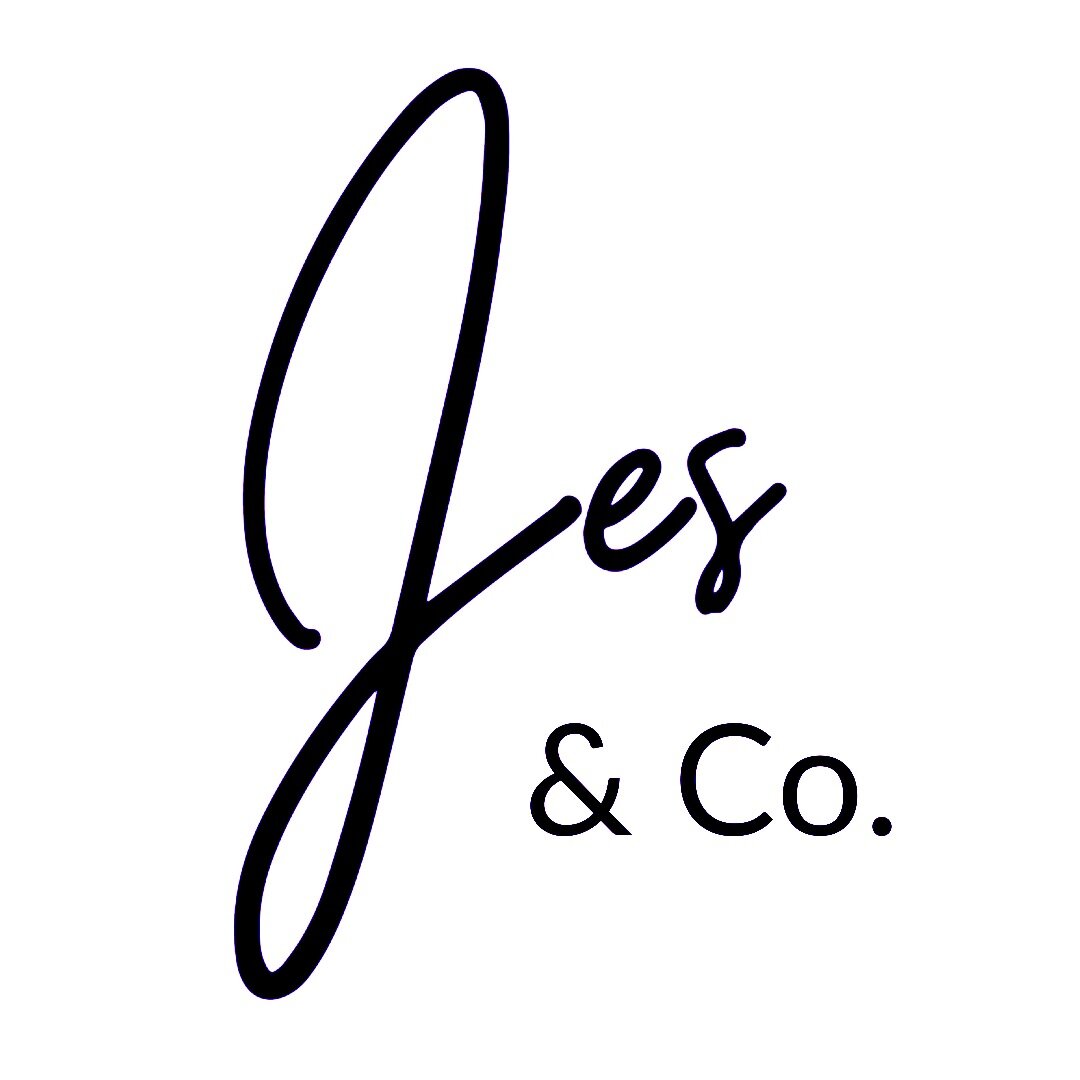In Search of Personal Fulfillment... How Much Responsibility for this Should Companies Assume?
(First appeared in WRAL Techwire.)
Here’s a relatively unknown fact about me. I’m a true crime junkie. I can’t get enough of these six-part, real life “who-done-its” and unsolved mysteries. I listen to podcasts, watch documentaries and like so many of my true crime aficionados I believe, beyond a shadow of doubt, that if I were invited to help solve a crime, I would have the chops to untangle the web of evidence and sift through the dead ends to find the culprit.
I’ve been putting these amateur sleuthing skills to work by interviewing some of the top executives in the region to better understand the cultural changes happening within their companies. We’ve covered burnout, leadership, hybrid work environments and the new rules of employee engagement. These perspectives are important because there’s a culture groundswell afoot. Companies everywhere are asking critical questions around supportive work environments and the type of leadership required to support and retain talent.
According to a recent study by PWC, employees today are looking for a work experience that is optimized for meaningful work and personal fulfillment, one that encourages a growth mindset and generosity.
Excellent – but what is personal fulfillment?
Generally speaking, when someone feels that they are having an impact in and around their work while being challenged to learn and grow in an environment that promotes belonging and psychological safety you’ve hit the fulfillment button.
CORPORATE THOUGHT LEADERS TO WATCH
And the importance of understanding employee fulfillment is growing. Many companies have started developing strategic cultures to attract and retain talent with fulfillment in the forefront. Companies like Cisco, Zappos and Google are all high-profile examples of how intentional culture development can result in high performing organizations where employees feel valued and engaged.
Got it. But how do know if my employees are fulfilled?
Honestly, not many tools get to the heart of fulfillment and the ones that do have price tags that shut small and mid-size companies out. Never fear… you don’t always need a tool to ‘light the way.’ This is where adaptive leadership wins the day. Start by asking the individuals on your team key questions. Afterall, you’re leading talented professionals entrusted with essential outcomes. They will offer important insights if given the floor.
Starter Questions:
What lights you up?
If you had a magic wand, how would you design your day or workflow?
How can I play a more supportive role?
Is there an outside project or initiative that you’d like to be involved in?
What are your personal and professional goals?
Getting answers to these questions not only starts the conversation around employee fulfillment but it’s one of the first steps to unlocking the stress cycle and reducing employee burnout. When employees feel supported and heard they can envision better ways of work.
A PEOPLE-CENTERED MOVEMENT
Creighton Blackwell, Chief Community and Public Affairs Officer at Coastal Credit Union said, “You can never really lead if no one will follow. True leadership is when you set your ego aside and recognize that strength lies in the ability to sincerely listen and be empathetic. If you want people to follow you, must be honest and vulnerable regardless of your title.”
If you’re like me you can feel the changing tides. We’re squarely in a people-centered movement. Employees are embracing a renewed sense of agency and leaders have the opportunity to connect and engage with their teams like never before. The doors of honest conversation have been thrown open – the question is, who’s brave enough to step through.

